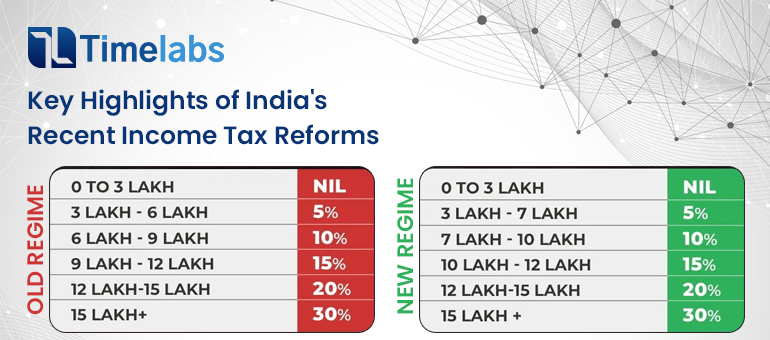Due to reduced margins, major IT firms such as TCS, Infosys, and Wipro announced that they will delay or curtail employee variable payouts for the first quarter of the fiscal year 2023, causing an increase in moonlighting. Many professionals in India now engage in “moonlighting” to supplement their incomes, a phenomenon made possible by the rise of the “work-from-home” model, which has inevitably led to compliance concerns for many employers.
Moonlighting: Overview
Moonlighting is when an employee of one company also works for another, typically without the knowledge of their official supervisor. This “on the side” work is generally done after regular business hours or on the weekend. This trend began to spread when more people in the United States started to look for part-time jobs outside the traditional 9 to 5.
Moonlighting: Is it Moral?
Regarding moonlighting, the IT industry has conflicting opinions. Wipro’s chairman, Rishad Premji, tweeted that pursuing a second job in the tech sector is unethical. Former Infosys director Mohandas Pai disagrees with Premji on this point. For him, having a second job is not immoral. According to Mohandas Pai, a job is a deal in which an employer agrees to pay an employee a specific salary for the worker’s services for a specified number of hours per day. Employees have complete autonomy after ‘n’ hours.
Clause of Moonlighting
For the company’s sake, management must take measures to ensure that all employees are giving their best in their current roles. Among these is the “Moonlighting Clause,” used by certain companies to prevent their employees from earning money from other sources. The practice of holding down more than one job at once is prohibited under a “moonlighting clause,” a type of restrictive covenant. Consequently, it forbids taking on any new work while employed by another firm.
To “moonlight” means to perform additional labor in addition to one’s core occupation. Employees are expected to work diligently and concentrate solely on the duties at hand, so this provision is written into the contract as an inducement. When a moonlighting clause is added to an agreement, the employee and the employer must give their informed consent.
The employer must make sure that the possibility of termination due to the employee’s dual work status is stated clearly in the employment agreement. Moreover, the corporation should employ the services of an experienced employment lawyer to create an HR policy that addresses the issue of multiple employment.
Swiggy’s Policy on Moonlighting
Swiggy said on August 3 that staff will be encouraged to pursue personal projects in addition to their regular work responsibilities and that the firm would provide resources to help them succeed. Due to this, the gigs or contractual services will be classified. Employees are permitted to work on personal projects or activities during their free time if it doesn’t interfere with work or create a conflict of interest. The staff member must submit certain necessary information before the management can give its approval to the proposal.
Two groups, A and B, were created for the projects. Group A projects, which are the most delicate, require the most specialized skills. HR expert Yamini Koganti, who helped establish Swiggy’s policies, says that List B consists of initiatives that are neither work-related nor essential to the fulfillment of the employee’s interests or hobbies. According to the policy, employees must disclose and receive Swiggy’s approval for any projects under List A.
Is moonlighting legal in India?
Overemployment, known as dual employment in India, is technically allowed in the United States and the United Kingdom from a tax standpoint. Employees’ tax status may change if they take a second job in the UK. Still, in most companies, this information would go undetected because it wouldn’t be communicated explicitly to the payroll department. Due to its foundation on self-assessment and voluntary reporting, the United States tax system is more transparent.
In India, it is not illegal to hold more than one job. However, an individual with an identical set of duties may bring up issues regarding a breach of confidentiality. Many companies include moonlighting rules in employment contracts to avoid this problem.
The Factories Act strictly forbids doing two jobs at once; however, some states have Nexcare options for the IT industry. Before actually searching for side projects or starting a business, employees should check their main job’s employment agreement carefully to ensure they follow any moonlighting rules.
Bottomline
Moonlighting could be seen as cheating if an employee’s contract says they can only work for one company and can’t work for anyone else, which is the case with most traditional employment contracts. On the other hand, it is not considered unethical behavior if the employment contracts do not contain such a clause.



